Understanding Deep Cycle Batteries
Deep cycle batteries are specialized energy storage units designed for situations that require a regular and deep discharge of power. Unlike standard batteries, which are optimized for short bursts of high energy, deep cycle variants provide a steady amount of current over a prolonged period. This makes them ideal for applications such as RV batteries lithium packs, golf cart 12 volt batteries, and deep cycle marine batteries, where consistent energy delivery is crucial.
Types and Applications
There is a variety of deep cycle batteries, each tailored to specific needs and applications. The lithium deep cycle battery is renowned for its lightweight and efficient performance, often used in modern recreational vehicles as a deep cycle RV battery. For marine applications, the 12 volt deep cycle marine battery is frequently sought after due to its resilience and capacity to handle the rigors of a marine environment. In the realm of renewable energy storage, the 100ah 12v battery stands out for its ability to maintain a stable energy supply for solar panels and wind turbines.
Features and Advantages
The core advantage of a deep cycle battery lies in its design, which allows for repeated charging and discharging cycles without significant degradation of capacity. AGM deep cycle batteries, for instance, feature absorbent glass mat technology that provides improved reliability and maintenance-free operation. The lithium ion deep cycle battery variant, on the other hand, offers a higher energy density, meaning that it can store more energy in a smaller, lighter package. This is particularly beneficial for mobile applications where space and weight are at a premium.
Materials and Sustainability
Manufacturers of deep cycle batteries are increasingly focusing on the use of environmentally friendly materials. The shift towards sustainable practices is evident in the production of batteries that are not only efficient but also recyclable. Materials used in the construction of these batteries are chosen for their durability and non-toxic properties, ensuring that the batteries are both long-lasting and less harmful to the environment upon disposal.
Maintenance and Safety
Safety and ease of maintenance are paramount when it comes to handling deep cycle batteries. These batteries are engineered to be user-friendly, with minimal risk of accidents during regular use. Furthermore, the absence of a memory effect in technologies like lithium deep cycle batteries means that partial charges will not diminish the overall capacity, allowing for flexible charging schedules without the risk of reducing the battery's lifespan.
Choosing the Right Battery Charger
To ensure the longevity and optimal performance of a deep cycle battery, selecting the appropriate deep cycle battery chargers is essential. Chargers are designed to complement the unique charging profiles of deep cycle batteries, providing them with the care they need to maintain efficiency and extend their service life. It is crucial to match the charger with the specific type of deep cycle battery in use, whether it's an AGM, lithium-ion, or traditional lead-acid variant.
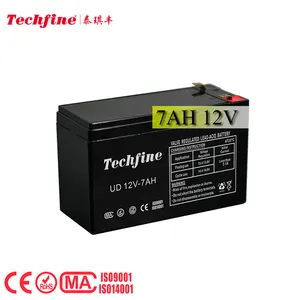
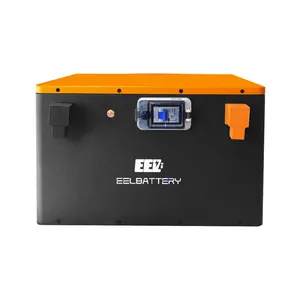

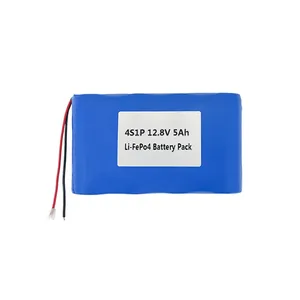











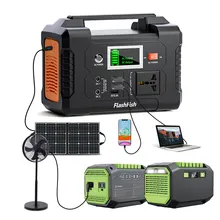


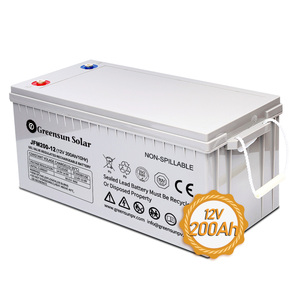

















 浙公网安备 33010002000092号
浙公网安备 33010002000092号 浙B2-20120091-4
浙B2-20120091-4